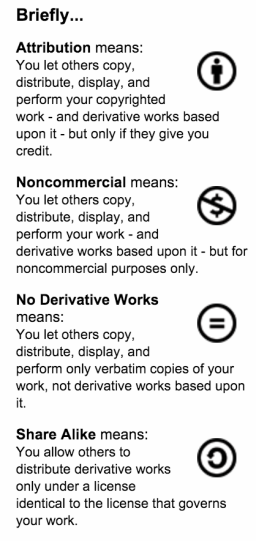For the past few years Netflix has become a fundamental part of watching TV and films without the use of a TV. Critics and analysts have fallen over themselves to proclaim how revolutionary streaming services are.
After a month of using Netflix I decided to download a proxy onto my browser to see what content other countries and was annoyed to discover that UK user have been somewhat backhanded by copyright.
This however is not the fault of Netflix. After the resurgence of its business many of Netflix’s rivals were quick to snap up the streaming right for programmes and films available on the US Netflix.
Netflix has tried to rectify this issue by offering more money than its rivals like Amazon Prime however some companies are holding back on jumping into bed with Netflix as it still has ongoing problems like the proxy example used above. Also Netflix users can share their accounts with friends and family meaning they miss out on capitalising on an unpaying audience. While this is good for many users who don’t want to pay for the service (like my older sister *ahem*), Netflix has encouraged users to share their accounts. From the perspective of the companies that Netflix is trying to court, this is a risky move as it means Netflix and said companies could lose out on substancial funds.

 Apple music is a new app which was launched last year. it is another music streaming app that provides hand-pick songs, artists and albums based on what you listen to and like. although there are a variety of online music apps such as sound cloud, spotify, tubidy and Youtube, apply music provides you with the latest hit when exactly when they come out. the app gives you three months free trial before you subscribe to paying £9.99 a month.
Apple music is a new app which was launched last year. it is another music streaming app that provides hand-pick songs, artists and albums based on what you listen to and like. although there are a variety of online music apps such as sound cloud, spotify, tubidy and Youtube, apply music provides you with the latest hit when exactly when they come out. the app gives you three months free trial before you subscribe to paying £9.99 a month. thanks for reading guys 🙂
thanks for reading guys 🙂



 Flickr is a well-known online picture sharing platform, and many of its users have chosen to share their work under a
Flickr is a well-known online picture sharing platform, and many of its users have chosen to share their work under a 







 ng for it. E-books that are still under the copyrights law are being accessed through platforms such as Amazon, or Kindle- but you must pay for those.
ng for it. E-books that are still under the copyrights law are being accessed through platforms such as Amazon, or Kindle- but you must pay for those.






